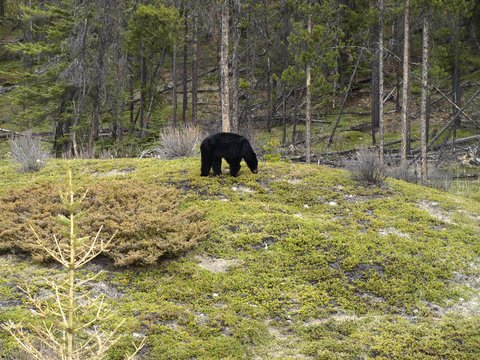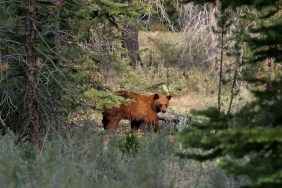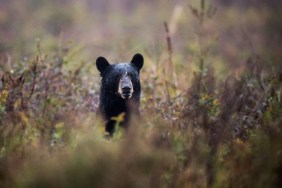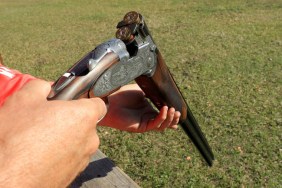It took just two days for Florida hunters to achieve the goals of wildlife officials in a controversial bear hunt that saw animal rights activists pitted against hunters.
Hunters killed and tagged a total of 295 bears in the first two days of the bear hunt that opened on Oct. 24. Florida Fish and Wildlife Conservation Commissioners, who had stated their goals of allowing up to 320 black bears taken, promptly closed the hunting season at 9 pm on Sunday.
It was the first bear hunt in Florida since 1994, meant as a way to thin the ranks of the dangerous black bears, which reportedly number around 3,500 in the state. Animal rights activists argued there was no way of truly knowing how many bears were out there, even though wildlife officials had employed rigorous scientific methods to reach that assessment.
They also said the bears still needed protection after having been virtually hunted out. Shortly before the season opener, activists acquired a list of hunters and contacted them personally urging them not to participate. When it actually happened, the hunt was over almost before it started.
“While harvest was higher than expected in the East Panhandle and Central BMUs (bear management unites), success rates were comparable to other states with similar hunt structures and were within sustainable limits,” states a release by the FWC.
Along with managing the bear population, a hunt also brings in revenue. This year’s bear hunt raised $376,900 from selling 3,778 bear tags. During the hunt, regulators were said to have investigating several violations including bear-baiting, under-weight bears and hunting without a license, but overall compliance was high, according to the state agency.
In defending the hunting season, Florida officials called it a necessary tool that is part of an overall bear management strategy.
“Regulated hunting has a long successful history of contributing to conservation in North America. It is a scientifically supported fact that bear hunting is biologically sustainable and the most effective tool for maintaining proper balance of bear populations relative to available habitat,” the statement read.
Photo credit: Dreamstime.com








